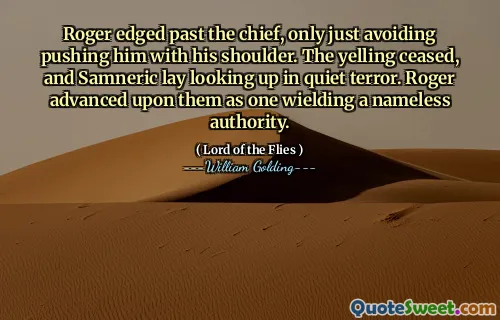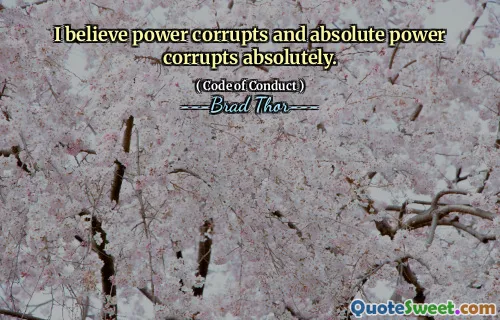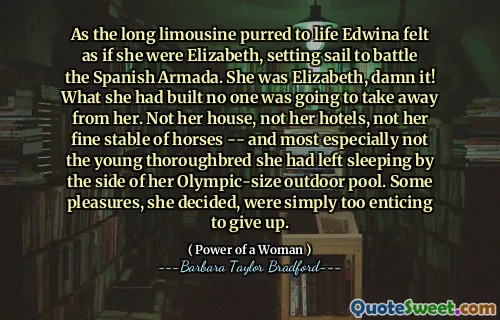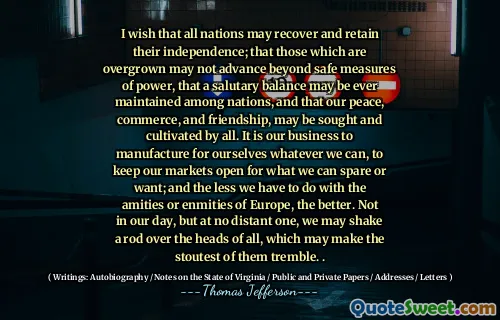
Roger edged past the chief, only just avoiding pushing him with his shoulder. The yelling ceased, and Samneric lay looking up in quiet terror. Roger advanced upon them as one wielding a nameless authority.
In this passage from Lord of the Flies, William Golding explores the subtle dynamics of power and control within the group of boys stranded on the island. Roger's behavior reveals a chilling shift from mere rebellion to calculated dominance. His movement past the chief without pushing him suggests a keen awareness of social hierarchy and boundaries. The stopping of the yelling indicates a sudden, unsettling calm—the kind that precedes violence or oppression. When Samneric look up in "quiet terror," it underscores their helplessness and the fear instilled by Roger, who carries an unspoken, almost primal authority.
This scene embodies a core theme of the novel: the descent into savagery and the corrupting influence of power when unchecked by societal norms. Roger's "nameless authority" signifies a primal, innate control rooted not in rules or moral justification but in fear and intimidation. Golding uses this moment to demonstrate how fear can paralyze and how authority can arise without ceremony or legitimate right, often anchored in brute force or cruelty.
It resonates with the darker aspects of human nature—the capacity for cruelty hidden beneath the surface when the veneer of civilization fades away. This quote exposes the fragile boundaries that adults and society typically maintain, which are all but stripped away on the island, revealing the raw instincts that govern human behavior in extreme conditions. The passage effectively illustrates the terror induced by unrestrained power and how it can subjugate even those who might previously have held equal standing.






